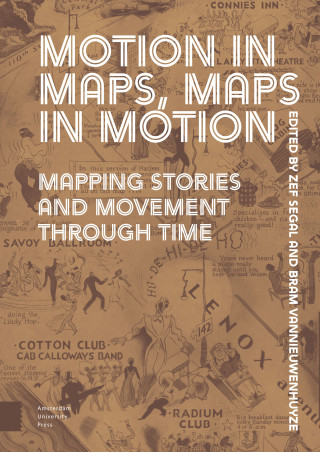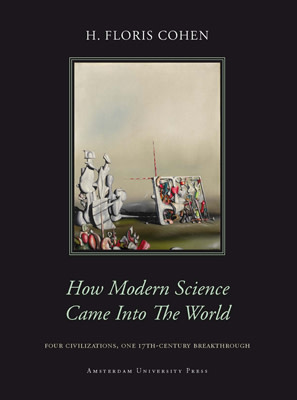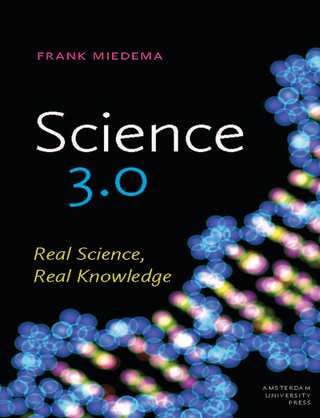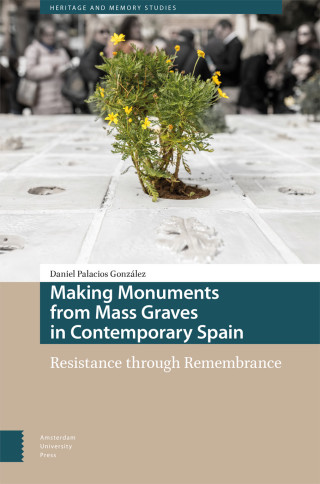"In this provocative, comparative treatment of a classic moment in the history of science Floris Cohen brilliantly challenges current narratives." - Robert S. Westman, University of California, San Diego
"For the most part, historians spend their energy trying to explain military conquests, the succession of governments, religious or ideological movements, or social and economic change. What they miss (or avoid?), however, is surely more significant than any of these things for an understanding of world history. Historians have completely failed to explain why science, which largely characterizes modern world civilization, emerged in Western Europe in the Renaissance, after having failed to establish itself earlier and in other civilizations (most notably in Ancient Greece, China, Islam, and medieval Christendom). In this very important book, Floris Cohen finally and comprehensively provides an answer to this enduring historical mystery. In so doing, he also provides a definitive account of the so-called Scientific Revolution, and shows why it really was revolutionary."
"This supremely important book will become indispensable reading for anyone interested in how the modern world became the way it is. By comprehensively explaining the rise of science, and its why, where and when, Floris Cohen has solved, dazzlingly, one of the most pressing problems in world history." - John Henry, University of Edinburgh
"At once highly scholarly and daring in its scope, goals and historical technique, this long anticipated study certainly can stand on its own, despite the fact that it also remarkably resides upon the shoulders of his earlier, equally admirable tome, The Scientific Revolution—A Historiographical Inquiry (1994), a magisterial guide to the history of historiographical takes on the Scientific Revolution from the late eighteenth century to the 1990s. Their combined nearly fifteen hundred pages will rightly sit side by side on the shelves of all serious students of the problem for generations to come, an enviable scholarly heritage. Readers of both volumes will easily see the many and often subtle ways in which Cohen’s earlier historiographical winnowing has shaped what he does, and what he avoids, in the intricately constructed argument of the present volume." - Metascience Journal, Vol. 21, 2012
"In How Modern Science Came into the World ontvouwt Cohen zijn visie op grotere schaal en transformeert hij een gedurfde schets tot een dwingend geschiedbeeld." - Groene Amsterdammer
"Het magnum opus van Floris Cohen, How Modern Science Came into The World ... is een magistrale beschrijving en analye van de wetenschappelijke revolutie." - NRC handelsblad
"Nieuwe adembenemend rijke wetenschapsstudie ... steekt ook qua omvang, ambitie en stijl ... E.J. Dijksterhuis' klassieke wetenschapsgeschiedenis De mechanisering van het wereldbeeld, naar de kroon." Beoordeling vooraf, 16-12-2010





